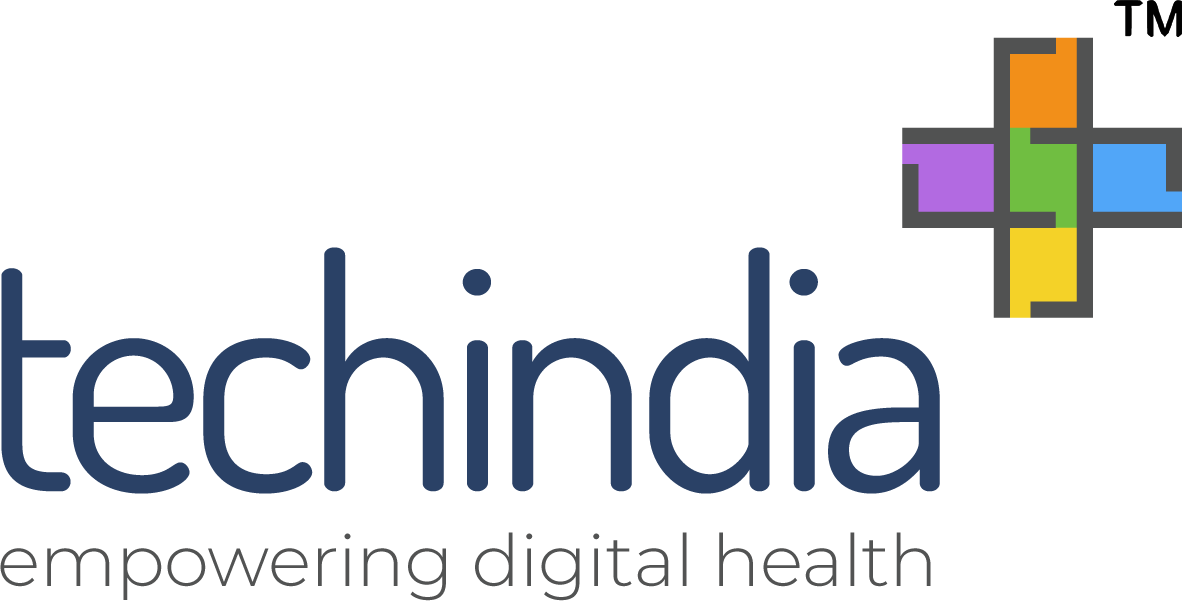- Posted: 15 Dec 2019
- Category: myblog
E-ICU Monitoring: Effective Healthcare Analytics Solutions for Hospitals
If you or a family member has been treated in an emergency room of a hospital or has been admitted to the hospital, you may have noticed an increased number of patient monitors in the area of admitting and in the emergency room. There are ICU Patient Monitor to register heart rate, blood gases, blood pressure, and temperature. For certain types of health problems, the use of a small wireless monitor can provide continuous controls vital body functions and readings.
The future of healthcare will be driven by digital transformation and data analysis. For health CIOs, analytics solutions will be a top priority in 2020.
Average human life expectancy is increasing throughout the world’s population, posing new challenges to current methods of delivering treatment. Health professionals and the like business entrepreneurs can collect large amounts of data and appearance of the best strategies to use these numbers.
As we look towards a new decade, let’s go over the basics of healthcare analytics: what it means, and how health systems can get started.
What is Healthcare analytics?
Healthcare analytics is the collection and analysis of data in the healthcare industry to gain insights and support decision-making.
From key areas like medical costs, clinical data, patient behavior, and pharmaceuticals, healthcare analytics can be used on both macro and micro levels to effectively streamline operations, improve patient care, and lower overall costs.
The application analysis of large volumes of data in healthcare has a lot of positive results and also save lives.
Analytics for Healthcare Providers
The industry is changing, and like any other big data is beginning to transform it – but there is still much work to be done. The industry is gradually adopting new technologies that push it into the future, helping them make better-informed decisions, improve operations, etc. In a nutshell, here’s a shortlist of the examples we have gone over in this article.
With healthcare data analytics, you can:
- Predict the daily patient’s income to tailor staffing accordingly
- Use Electronic Health Records (EHRs)
- Use real-time alerting for instant care
- Enhance patient engagement in their health
- Research more extensively to cure cancer
- Integrate medical imaging for a broader diagnosis
Effective Healthcare Analytics Solutions for Hospitals
- Health Tracking
Big Data Analytics with the Internet of Things (IoT) is revolutionizing the one way to track various user statistics and vital signs.
Apart from the basic wearable that can detect the patient’s sleep, heart rate, exercise, distance walked, etc.
There are new medical innovations that can monitor the patient’s pulse Oximeters, blood pressure, glucose monitors, and many more.
Continuous monitoring of critically ill patients with data collection sensors will allow health organizations to keep people out of the hospital because they can identify potential health problems and provide care before the situation gets worse.
- Reducing Cost
Big Data can be a great way to save costs for hospitals that either above or below the staff members of books.
Predictive analytics can help solve this problem by predicting admission rates and help with staffing.
It will reduce the rate of investment made by hospitals and help use your investment to the maximum. The insurance industry can save money on the back of portable health trackers and ensure that patients do not spend time in the hospital.
You can save time waiting for patients because the hospital will have adequate staff and beds available as analyzing all the time.
- Assisting High-Risk Patients
If all hospital records are digitized, it is the comprehensive data available to understand the model for many patients.
You can identify patients who come to the hospital on several occasions and identify chronic problems.
Such understanding will help give patients better care and outline the corrective action to reduce their frequent visits.
It is an excellent way to keep a list and check for high-risk patients and provide customized care.
- Preventing Human Errors
Many times it was noted that professionals tend to prescribe either the wrong medication or expedient another medication by mistake.
Such errors, in general, can be reduced since Big Data can be leveraged to analyze user data and prescription drugs.
It can strengthen the data and flag potential out of place to reduce errors and save lives.
Such software can be an excellent tool for doctors serving many patients in a day.
So, to summarize big data increases the capacity of the health sector:
- To predict epidemics
- Cure the disease
- Improve Life Quality
- Start Early Preventive Care
Live smart because miracles made daily!!!
Recent Post

We're helping some of the most respected names in healthcare deliver measurably better outcomes. Let us show you what personally Human & AI integrated solution can do for your organization. While filling the form, please fill in the information more specifically that you are looking for.
Thank you for your query! We will get back to you shortly!!

